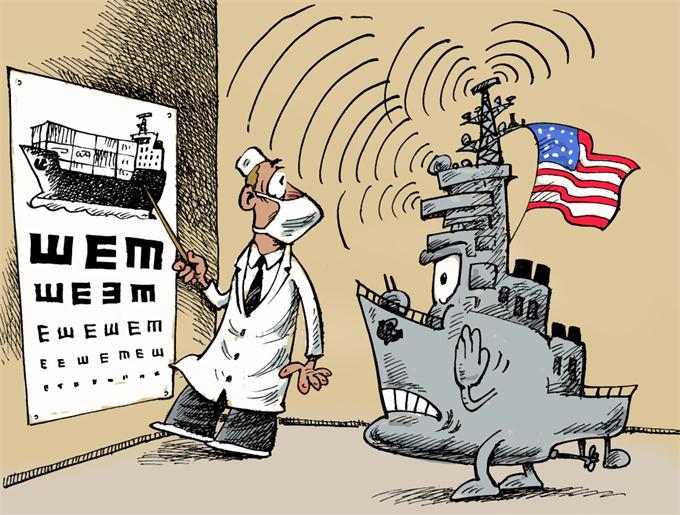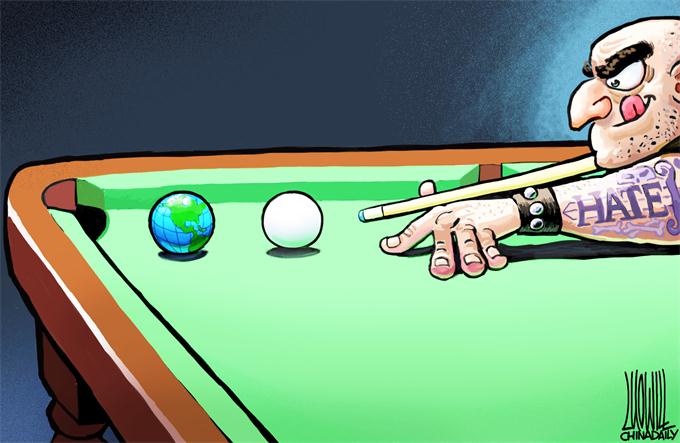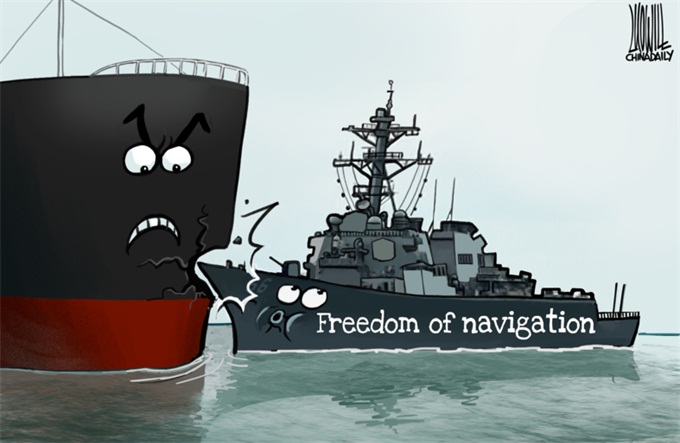Trade war not likely despite US probe
Negotiations still best way to end disputes

Cui Fan, a professor at the University of International Business and Economics, and nonresident senior fellow with the Center for China and Globalization
The latest US investigation into China's intellectual property policies and practices under Section 301 of the Trade Act of 1974 is not the first of its kind. But the US has rarely used Section 301 against China after the latter's accession to the World Trade Organization in 2001, because the WTO mechanism offers a fairer, more comprehensive solution to bilateral trade disputes.
Washington still has the right to invoke Section 301 because on the eve of the founding of the world trade body it promised to use it in line with WTO rules. In 2010, it said that it would initiate a Section 301 investigation into China's green energy policies, yet the case was eventually settled through the WTO.
Beijing need not shy away from direct negotiation with Washington, though. It can resort to the WTO mechanism once the Section 301 probe triggers unilateral US action beyond the WTO rules, and submit a list of countermeasures to the world body. And since the world's largest and second-largest economies are no strangers to trade disputes, China's foreign investment management could even benefit from the latest US move if handled properly.
Washington's major arguments, particularly on the compulsory transfer of US patent technology that neither the Chinese central government nor lower-level governments nor domestic companies require, are not subject to multilateral rules. And as it is unlikely that China has violated relevant WTO rules in this regard, it stands a better chance of winning the case through the WTO if the US decides to sanction Chinese enterprises unilaterally.
Still, if the WTO rules go against China based on the findings of the US probe, China will abide by and implement the ruling instead of shunning away. The fundamental cure to similar disputes, however, is still through negotiations under the Bilateral Investment Treaty, which has been stalled since Trump took office.

























